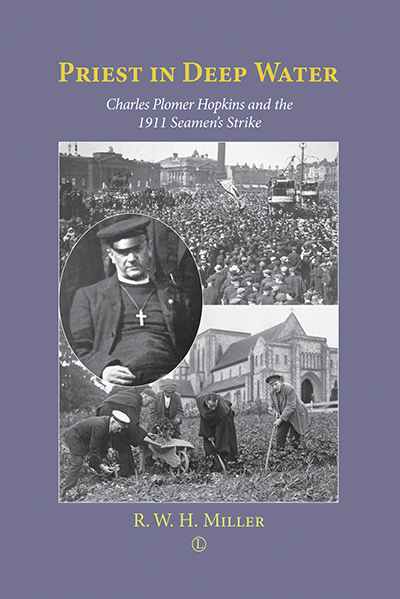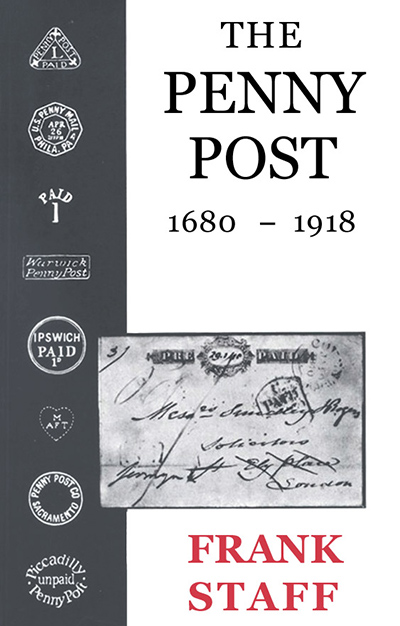Description
Charles Plomer Hopkins (1861-1922), a Victorian church organist, was called by circumstance to a seamen’s chaplaincy on the Indian sub-continent, and eventually achieved an unlikely apotheosis in his announcement and leadership of the first, and so far only, international seamen’s strike in 1911.
Priest in Deep Water restores Hopkins to his rightful place in the public consciousness for his major contribution to the welfare of merchant seamen, to the development of the maritime apostolate in the Anglican and Roman Catholic Churches, and to the restoration of the religious life to the Church of England. At one level, this is a gripping and eventful story appealing to a general readership, featuring accusations of sexual impropriety, murder, financial malpractice and other alarms, set against a backdrop of the British Empire, the Raj, and the Catholic revival in the 19th century Church of England. At another level, Priest in Deep Water is a well-researched and detailed narrative that will also be of value to maritime historians.
The extraordinary effect of Hopkins’s ministry among seafarers on his own and other churches is only now beginning to be appreciated. His influence was profound. His troubles, often of his own manufacture, were great. It seemed apt to entitle his life story Priest in Deep Water, its ambiguity encapsulating both the general thrust of his ministry and the particular troubles by which it was dogged.
From the Introduction
About the Author
A Roman Catholic priest in the west of England, Robert Miller has been a long-time student of Maritime Social History and member of the Society for Nautical Research and the International Maritime Economic History Association. He has worked for both the Missions to Seamen and the Apostleship of the Sea.
Contents
Abbreviations
Preface
Introduction
1. Early Contacts with Sailors
2. Port Chaplain in Rangoon
3. Hopkins in Akyab
4. London Interlude: 1888-1889
5. Ministry in Calcutta
6. Meeting Havelock Wilson: 1894-1900
7. Towards a Strike: 1900-1911
8. The Strike
9. After the Strike
Conclusion
Notes
Bibliography
Index
Endorsements and Reviews
If you are interested in the history of the British seafarer’s labour movement, the 1911 seaman’s strike, the conjunction of religion and life afloat, religion’s involvement in organizing labour, and seafarer’s unions in colonial India, R.W.H. Miller has written a book for you … Indeed, he has produced a well-structured, easily read book … solidly supported by good evidence. Miller’s use of newspapers is extensive, providing great detail on select events in Hopkins life and providing the contextual background in which Hopkins lived … its greatest strength lies with the three chapters that deal with Hopkins’ time in Burma and India. For anyone in the colonial experience of seafarer’s labour organizing, this book is a must read.
Thomas Malcolmson, in The Northern Mariner, Vol XXI, No 4
This meticulously researched biography of Charles Plomer Hopkins (1861-1922) holds up a timely mirror to our Church’s relationship both to the Gospel and to the society in which we live.
Revd Malcolm Torry, in Faith in Business, Vol 13:4
… a very detailed book … it throws a powerful light on an interesting and idiosyncratic figure, and does not avoid dealing with the controversial features of the subject’s life.
Michael Yelton, author of Anglican Papalism: A History
Hopkins is an interesting figure who is not well known. Miller has thoroughly researched his life and done admirable detective work with somewhat scanty resources … This book gives us some insight into Hopkins and demonstrates his importance.
Suzanne Geissler, in Anglican & Episcopal History, Vol 82, No 1






